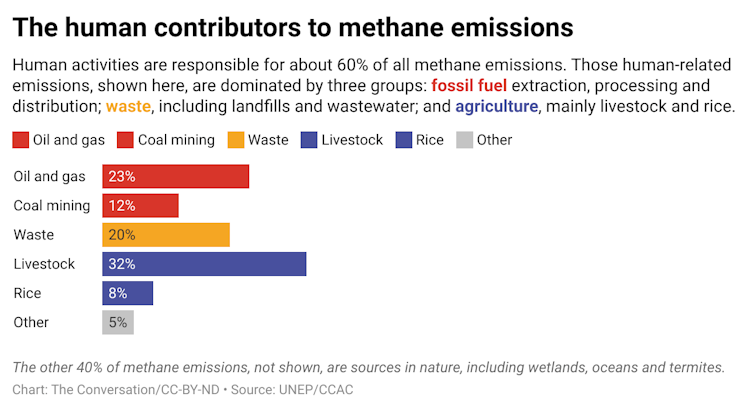|
Whistleblower testimony in Congress yesterday, damning exposés in the Wall Street Journal and a technical gaffe that knocked Facebook, Instagram and WhatsApp offline for most of a day have put our love-hate relationships with Facebook in stark relief. What started out a decade and a half ago as an infatuation has slowly curdled into a codependency.
Even after the Cambridge Analytica scandal left many feeling violated and manipulated, somehow many of us haven’t been able to follow through on our desire to #DeleteFacebook, and the social media platform has steadily grown.
Wayne State University’s Elizabeth Stoycheff explains the social science behind our evolving feelings about the social media giant, including why it’s so hard to just walk away from the fraught relationship.
Also today:
|

How do you feel about Facebook?
Enes Evren/E+ via Getty Images
Elizabeth Stoycheff, Wayne State University
Facebook users no longer see the site as a confidant. They’re struggling with how to deal with a messy codependence – and whether to just break up and move on with healthier friends.
|
Economy + Business
|
-
Beverly Moran, Vanderbilt University
A taxation expert explains why South Dakota has become a favorite state for the ultra-rich when it comes to squirreling away their wealth.
|
|
Health
|
-
Steven D. Munger, University of Florida
The joint award recognizes the long road to deciphering the biology behind the brain’s ability to sense its surroundings – work that paves the way for a number of medical and biological breakthroughs.
|
|
Science + Technology
|
-
David Randall, Colorado State University
Modern climate and weather models can predict what the weather will be next week and what the climate may be in 100 years. They would not exist without Syukuro Manabe, Klaus Hasselmann and Giorgio Parisi.
|
|
Politics + Society
|
-
Woody Holton, University of South Carolina
In the summer of 1776, Boston offered smallpox inoculation to everyone and required those who declined to leave town or stay in their homes.
-
Ilana Horwitz, Tulane University
The relationships that people form with others outside of their homes can translate into crucial help in a disaster. But what happens if they can’t build those ties because of social distancing?
|
|
Environment + Energy
|
-
Sam Purkis, University of Miami
During a 2015 heat wave, scientists watched as a coral reef died before their eyes. By the end of the century, almost all the world’s corals will be gone if climate change continues at this pace.
|
|
Ethics + Religion
|
-
Danielle Tumminio Hansen, Emory University
Surrogacy can be exploitative, but a theologian writes how it can also remind individuals that family is not just biological but also social and relational.
|
|
Education
|
-
Tareena Musaddiq, University of Michigan; Andrew Bacher-Hicks, Boston University
Fewer students enrolled in public school and more were home-schooled during the 2020-21 school year. Researchers analyzed records in Michigan to understand what drove parents to make these decisions.
|
|
Trending on site
|
-
Anna Nagurney, University of Massachusetts Amherst
Before the container was standardized, loading and unloading goods was very labor-intensive, inefficient and costly.
-
John Fea, Messiah College
A historian of the Bible in American life explains how Bible verses are being picked out of context to make a case for the anti-vaxxer movement.
-
Ann Z. Bauer, University of Massachusetts Lowell
Tylenol has long been considered a go-to medication for low to moderate pain and for fever reduction, even during pregnancy. But mounting evidence suggests that it is unsafe for fetal development.
Today’s graphic

From the story, Biden urges countries to slash methane emissions 30% – here’s why it’s crucial for protecting climate and health, and how it can pay for itself
|
|